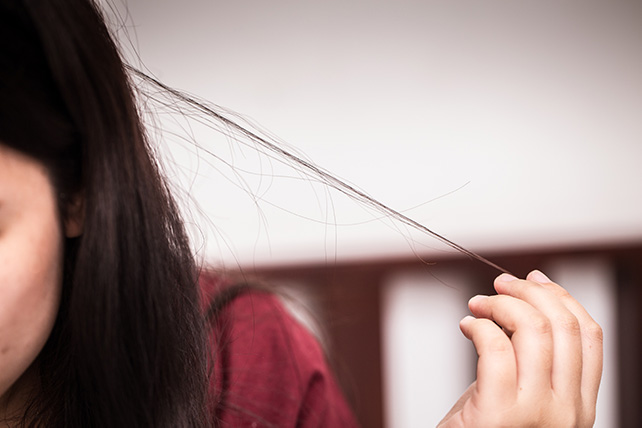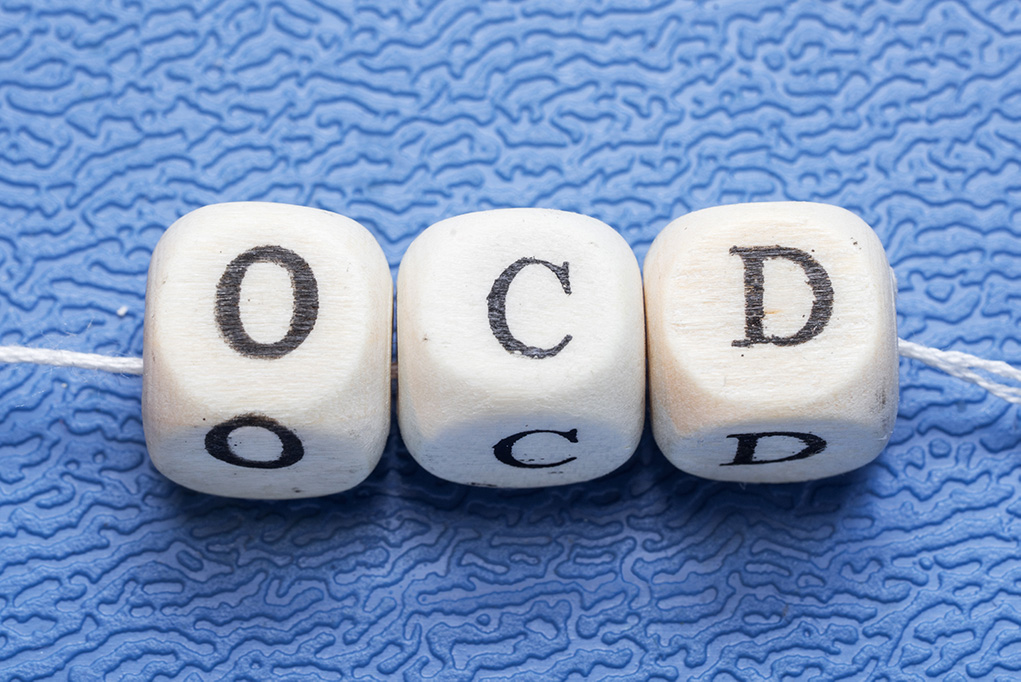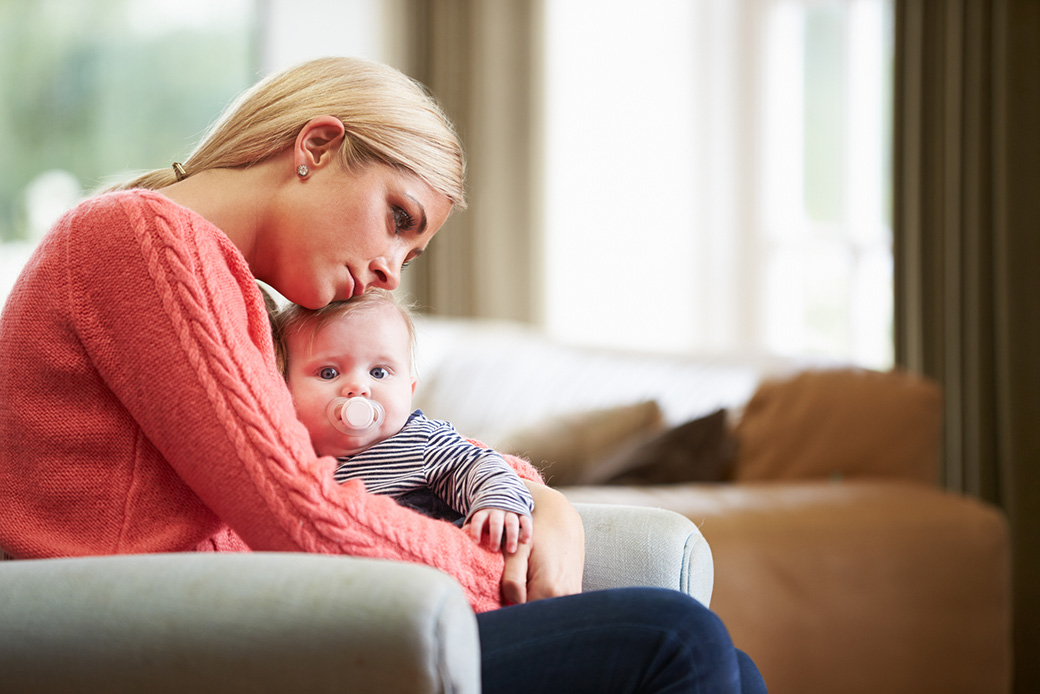Repetitive behaviors and thoughts often occur in children and are typically based on age. Preschool-age children may have preoccupations and routines around meals, bedtimes, and schedules. School-age children often create routines around rules to games, sports, and school. Children of all ages may collect objects, have repetitive interests or hobbies. These thoughts and behaviors are developmentally normal and can often help children manage stress. So, how can you tell if your child is experiencing normal childhood behavior or Obsessive-Compulsive Disorder (OCD)?
OCD is a psychological condition that impacts between 1 and 3% of children. The average age of onset is 10 years old, however children as young as six can be diagnosed. These children have unwanted thoughts, feelings, and fears that are called obsessions. Obsessions cause anxiety and to alleviate this distress, children engage in external or internal behaviors called rituals.
Continue reading →





